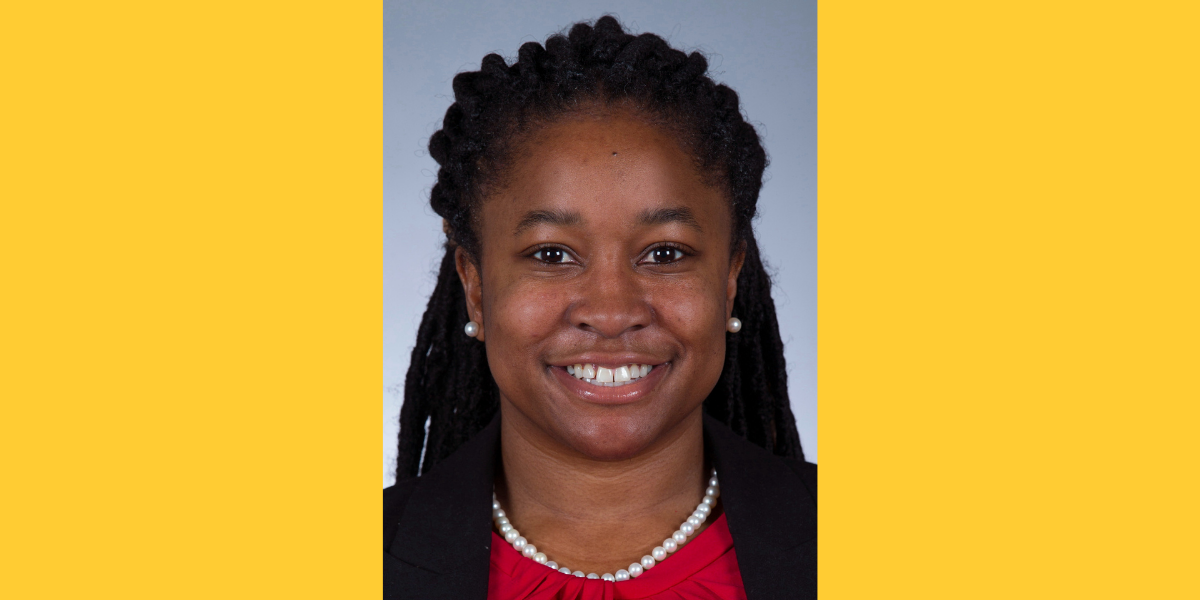Cultivating a more inclusive community
Discussion event explores legacy of racism in agriculture and veterinary medicine professions

Discussion event explores legacy of racism in agriculture and veterinary medicine professions
Agriculture has long defined the development of human civilization. The ability to produce food encouraged nomadic humans to put down roots and create the first settlements. Today, it remains the livelihood for millions of people.
While often viewed positively for providing employment and feeding people, agriculture in the United States also is part of a legacy of systematic racism that has created barriers to entry into the profession. Veterinary medicine is closely intertwined with agriculture and shares in this legacy.
This history continues to impact both agricultural and veterinary fields, but the future does not have to reflect the past. Academic communities play an important role in championing inclusivity in these professions, according to Dr. Theressa Cooper, assistant dean for diversity at the College of Agriculture and Life Sciences at Iowa State University
“As educators, it is our responsibility to mine the history of our industry in a way to better understand the context in which we are working in order to create a more culturally competent global community,” Cooper says.
The University of Minnesota College of Veterinary Medicine recently invited Cooper to lead a virtual discussion on the topic titled “Black History in Veterinary Medicine and Agriculture:
Exploring the legacy of racism in molding our profession.”
In her presentation, Cooper took listeners on a journey through key historical events that defined the relationship between African Americans, agriculture, and land ownership in the U.S. Fast forward to today, and the legacy of discrimination and predatory practices by government entities at all levels continues to contribute to the marginalization of POC in agriculture.
One hundred years ago, 14 percent of farmers identified as Black or mixed-race, according to data from the USDA. Today, that number has dwindled to 1.4 percent. It’s a similar picture in veterinary medicine. The U.S. Census Bureau estimates that 89 percent of veterinarians identify as White.
Creating inclusive communities in agricultural and veterinary professions that are respectful of all identities isn’t a feat accomplished overnight. It will take intentionality to change perceptions and develop resources to increase access to opportunities in both fields, according to Cooper.
“The work that we do and how we move forward requires a level of cultural competency and intercultural competency. How well do we understand that history?” she says. “That history plays a role in how we move forward in the future.”
Dr. Theressa Cooper is the assistant dean for diversity for the College of Agriculture and Life Sciences at Iowa State University. You can learn more about her by clicking here.